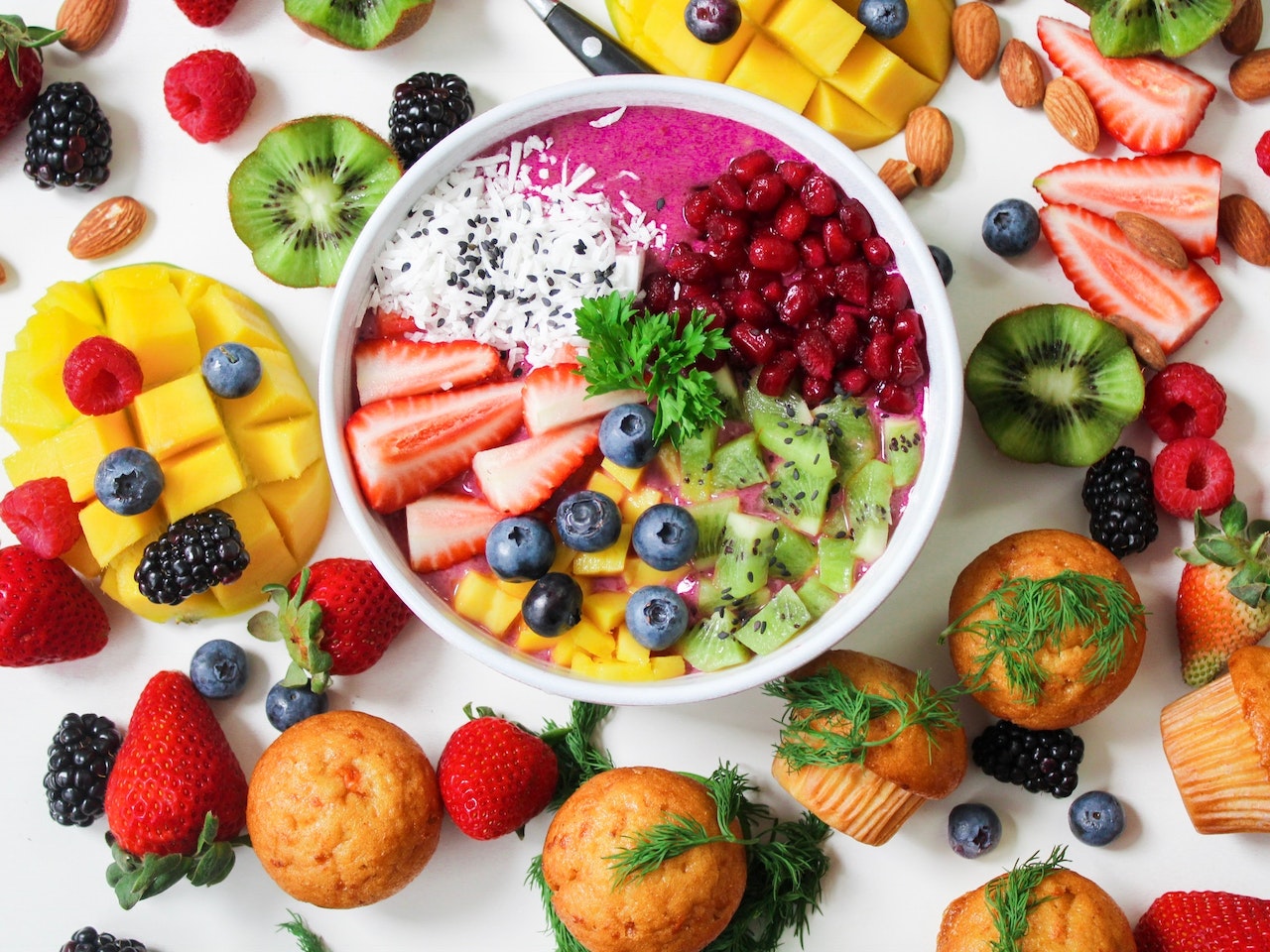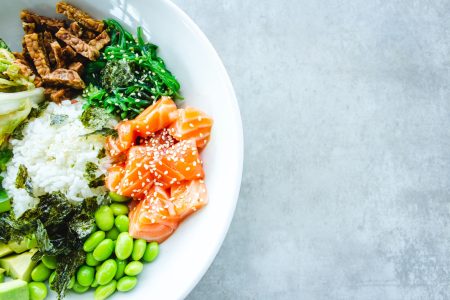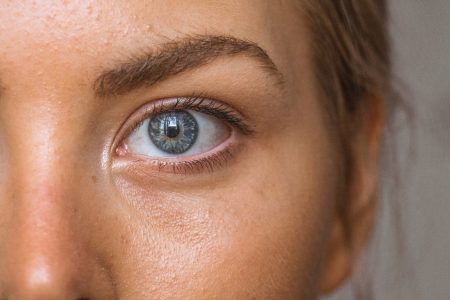It’s not an anomaly to feel that constant struggle to strive to look and feel our best, especially as we age. The more I age the more I’ve realized that one of the secrets to maintaining youthful skin and overall health lies in a collagen-rich diet (along with a holistic approach to healthy skin care). Collagen, the most abundant protein in our bodies, plays a crucial role in supporting skin elasticity and combating the signs of aging. At this point, you should know that collagen for women is very important. I’ve been lucky to have been introduced to the world of collagen. Follow along as we unleash the wonders of a collagen-rich diet, discover the top foods to include, and provide you with an anti-aging meal plan tailored to your needs.
Understanding Collagen and Anti-Aging
Collagen is like the glue that holds our body together, providing structural support to our skin, bones, tendons, and ligaments. However, as we age, collagen production naturally declines, leading to the appearance of wrinkles, sagging skin, and joint stiffness. By incorporating collagen-rich foods into our diet, we can nourish our bodies from within and promote a youthful glow.
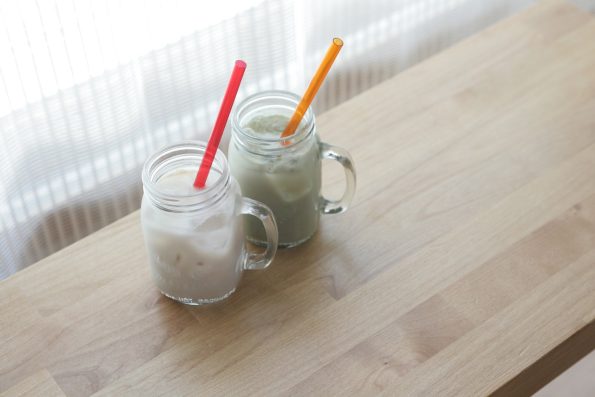
Collagen-Rich Foods
When it comes to promoting youthful skin and overall health, nourishing our bodies with collagen-rich foods is a game-changer. These exceptional foods offer a natural way to support collagen production, the key to maintaining skin elasticity and combating the visible signs of aging.
1. Fish and Seafood
Wild-caught salmon, tuna, and shellfish are excellent sources of collagen due to their high omega-3 fatty acid content.
2. Bone Broth
A collagen powerhouse, bone broth made from simmering animal bones is packed with essential amino acids and minerals.
3. Chicken:
Including skin-on chicken in your meals provides collagen along with lean protein.
4. Eggs:
The yolks of eggs contain essential nutrients and collagen-building amino acids.
5. Berries and Citrus Fruits:
These vibrant fruits are rich in vitamin C, which aids collagen synthesis.
6. Leafy Greens:
Spinach, kale, and other leafy greens offer antioxidants and nutrients that support collagen production.
7. Nuts and Seeds:
Almonds, walnuts, chia seeds, and flaxseeds provide healthy fats and minerals for collagen formation.
8. Beans and Legumes:
Black beans, lentils, and chickpeas are protein-packed options that promote collagen synthesis.
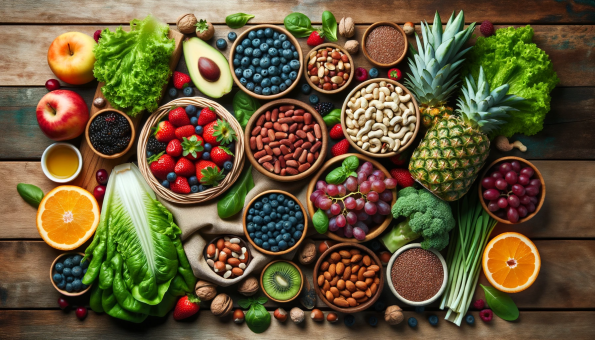
Collagen Rich Foods Analysis
| Collagen-Rich Food | Type of Collagen/Nutrients | Benefits |
|---|---|---|
| Fish and Seafood | Omega-3 fatty acids | Supports skin elasticity, reduces inflammation, promotes joint health |
| Bone Broth | Type I, II, III | Improves joint health, supports immune system, promotes healthy skin |
| Chicken | Type I, III | Enhances skin health, aids in muscle repair and growth, supports joint health |
| Eggs | Essential amino acids | Supports skin, hair, and nail health; aids in joint flexibility and bone strength |
| Berries and Citrus Fruits | Vitamin C | Boosts collagen production, supports immune system, promotes skin health |
| Leafy Greens | Antioxidants, nutrients | Enhances collagen production, offers a variety of vitamins and minerals, supports overall health |
| Nuts and Seeds | Healthy fats, minerals | Supports collagen formation, promotes skin health, offers essential fatty acids |
| Beans and Legumes | Protein, amino acids | Promotes collagen synthesis, supports muscle growth and repair, enhances skin health |
Increasing Collagen Naturally
To boost collagen production naturally, consider the following tips:
- Consuming Vitamin C-Rich Foods: Include citrus fruits, bell peppers, and tomatoes in your meals for their high vitamin C content.
- Incorporating Antioxidants: Blueberries, dark chocolate, and green tea offer powerful antioxidants that protect collagen from damage.
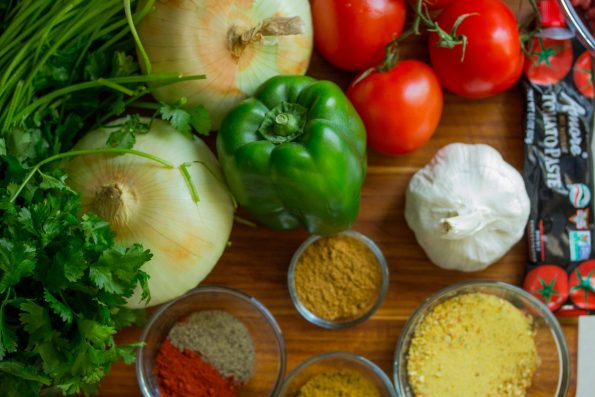
- Including Protein-Rich Foods: Opt for lean meats, tofu, and Greek yogurt to provide the building blocks for collagen production.
- Drinking Plenty of Water: Hydration is key, as water supports overall skin health and the synthesis of collagen fibers.
- Avoiding Excessive Sun Exposure and Smoking: Protect your collagen by limiting sun exposure and avoiding smoking, which can accelerate collagen breakdown.
Three Ways to Boost Collagen
Beyond diet, consider these three additional strategies to boost collagen levels:
1. Supplements and Collagen Peptides:
Collagen supplements and peptides can help replenish collagen stores and support skin elasticity.
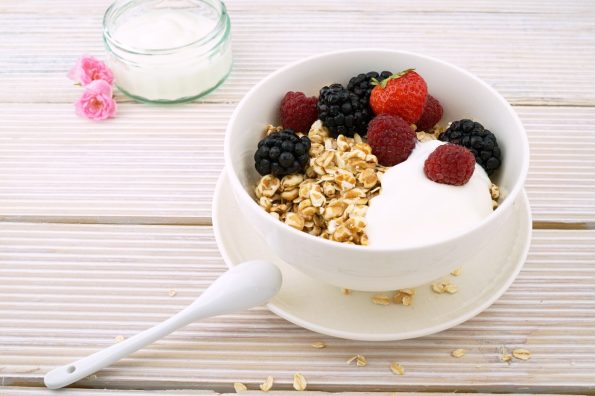
2. Engaging In Regular Exercise
Incorporate activities like weight training and yoga into your routine. Exercise promotes collagen synthesis and helps improve skin firmness and elasticity.
3. Getting Enough Sleep and Managing Stress:
Prioritize quality sleep to allow your body to repair and regenerate collagen. Additionally, adopt stress management techniques such as meditation or deep breathing to reduce the production of collagen-damaging stress hormones.
Foods To Avoid For Collagen Preservation
While incorporating collagen-rich foods is important, it’s equally crucial to be mindful of foods that can negatively impact collagen levels. Limit or avoid the following:
Processed Foods and Refined Sugars:
These can contribute to inflammation and collagen degradation.
Excessive Alcohol Consumption:
Alcohol dehydrates the body and interferes with collagen production.
High Caffeine Intake:
Excessive caffeine consumption can affect collagen synthesis and hydration levels.
Trans Fats and Fried Foods:
These unhealthy fats promote inflammation and damage collagen fibers.
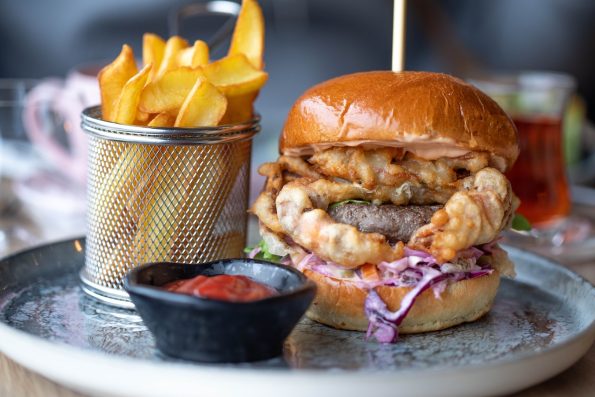
Restoring Collagen with Specific Foods
Certain foods can help restore and support collagen production. These are some of my favorites that have been known to really support collagen production. I’d highly recommend incorporating these into your lifestyle. Include the following in your diet:
- Tomatoes: Rich in lycopene, tomatoes help protect collagen from sun damage.
- Bell Peppers: These colorful veggies are high in vitamin C and promote collagen synthesis.
- Avocado: Packed with healthy fats and vitamin E, avocados nourish the skin and support collagen production for women.
- Sweet Potatoes: Loaded with beta-carotene and vitamin A, sweet potatoes aid collagen formation and skin health.
- Garlic: This flavorful bulb contains sulfur, which is essential for collagen production.
Habits That Can Destroy Collagen
Be aware of lifestyle habits that can harm collagen levels and prioritize healthier alternatives. Here are four habits that can really wreak havoc on the natural collagen production in your body:
1. Excessive Sun Exposure:
Protect your skin from harmful UV rays by wearing sunscreen and seeking shade when the sun is strongest.
2. Smoking and Secondhand Smoke:
Smoking accelerates collagen breakdown and impairs skin health. Quitting or avoiding smoke-filled environments is vital.

3. Poor Sleep Habits
Inadequate sleep can disrupt collagen synthesis and affect overall skin quality. Aim for 7-8 hours of quality sleep each night.
4. Chronic Stress:
Stress hormones can degrade collagen and harm skin health. Practice stress management techniques like meditation or engaging in activities that bring joy.
A Simple Collagen Diet Meal Plan
Embarking on a collagen-rich diet doesn’t have to be complicated or overwhelming. In fact, with a simple and well-crafted meal plan (like the one below), you can effortlessly incorporate collagen-rich foods into your daily routine and reap the benefits they offer. Below is a simple collagen diet meal plan with a straightforward and delicious plan that will nourish your body and support your skin’s natural radiance. Say goodbye to guesswork and hello to a well-balanced, collagen-boosting menu that caters to your taste buds and beauty aspirations.
Start incorporating these collagen-rich foods into your daily meals with this sample meal plan:
Breakfast:
- Berry Smoothie Bowl topped with chia seeds and almonds
- Hard-boiled eggs
Snack:
- Greek yogurt with mixed berries and a sprinkle of flaxseeds
Lunch:
- Grilled salmon salad with leafy greens, bell peppers, and avocado
- Light vinaigrette dressing
Snack:
- Sliced cucumbers with hummus
Dinner:
- Roasted chicken breast with steamed broccoli and sweet potatoes
- Garlic sautéed spinach
The Power of a Collagen-Rich Diet
Embrace the power of a collagen-rich diet to nurture your skin from within and promote a youthful, radiant glow. By incorporating collagen-rich foods, adopting healthy lifestyle habits, and following a well-rounded meal plan, you can support your body’s collagen production and enjoy the benefits of a vibrant and ageless appearance. True beauty shines when we prioritize our health and well-being.

